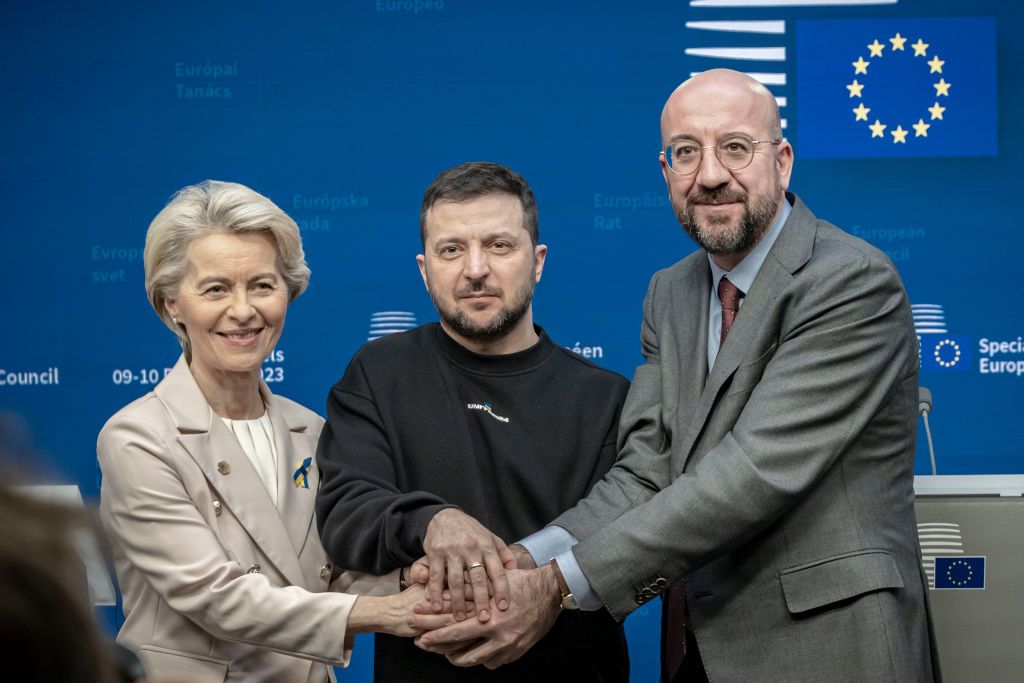Deputy PM: Despite Hungary's rhetoric, work to solve minorities issue underway

Kyiv is in constant contact with Budapest to resolve the issue of the language of education of the Hungarian minority in Ukraine, Deputy Prime Minister for European Integration Olha Stefanishyna told European Pravda on Nov. 7.
The deputy prime minister believes that Hungary's threats to block Ukraine's EU accession will not hinder "real work" for the benefit of national minorities.
A senior Hungarian official said earlier on Nov. 7 that Hungary would not allow the start of the EU entry talks as long as Ukraine's language law, long derided by Budapest, remains in place.
"We sent a special delegation to Budapest, where we presented our vision to our Hungarian colleagues. Based on the results of the meeting, the Ukrainian side formed a clear road map for further steps," Stefanishyna said, noting that a related draft law has already been registered in the Ukrainian parliament.
Relevant documents have also been provided to the European Commission, she added.
"Since then, we have been in constant contact with the Hungarian side, and we are certain that political slogans will not interfere with the real work that we do every day for the sake of the representatives of the national communities of Ukraine."
The language law that has long been a source of strife between Hungary and Ukraine was instituted in 2017 and requires at least 70% of education above fifth grade to be conducted in Ukrainian.
Ukraine has significant Hungarian and Romanian minorities, and both Hungary and Romania have criticized the law as discriminatory. Ukraine responded that it does not intend to crack down on its minorities, only to ensure that every Ukrainian citizen has sufficient knowledge of Ukraine's official language.
Following talks in October, Ukrainian and Romanian leaders signaled positive steps toward solving the issue on a bilateral level.
President Volodymyr Zelensky signed an updated law on national minorities on Nov. 3, allowing for the publishing of advertisements in the language of a national minority within its community, as well as public and cultural events to be held in a minority language.
The law does not apply to the Russian language.
Ukraine officially applied for EU membership in late February 2022, just days after the beginning of the full-scale war.
Ukraine was granted candidacy status in June and presented with seven criteria it needs to fulfill in order to begin the talks. It often takes many years for candidate countries to have accession negotiations opened by the European Union.
Earlier on Nov. 7, the European Parliament said that Ukraine has fully implemented four of the seven steps required to start EU accession talks but that three remaining criteria, including the protection of national minorities, remain unfulfilled.














